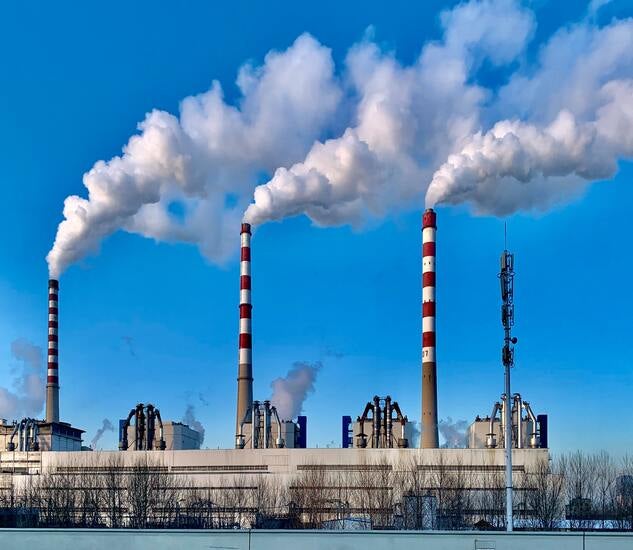
Energy company Eni UK and Stanlow Terminals, a bulk liquid storage provider, have signed a memorandum of understanding (MoU) to work on carbon dioxide (CO₂) collection, transportation and storage projects.
Under the MoU, the parties will explore the feasibility of setting up an open-access CO₂ transport and storage terminal at Stanlow Terminal’s location.
How well do you really know your competitors?
Access the most comprehensive Company Profiles on the market, powered by GlobalData. Save hours of research. Gain competitive edge.

Thank you!
Your download email will arrive shortly
Not ready to buy yet? Download a free sample
We are confident about the unique quality of our Company Profiles. However, we want you to make the most beneficial decision for your business, so we offer a free sample that you can download by submitting the below form
By GlobalDataThe terminal will receive, collect, and store CO₂ from industrial emitters and other sources by shipping from dispersed sites.
From there, the incoming CO₂ will be sent to Eni UK’s infrastructure for transporting and storing carbon, which is currently being built in the northwest of the UK.
As per the plan, eventually, numerous emitters will be connected to Eni UK’s authorised storage location through an open-access system, permitting the sequestration of CO₂ in the future.
Stanlow Terminals stated that the development of CO₂ ship transportation will allow a lot more industrial businesses to transport CO₂ for storage in exhausted gas fields.
Stanlow Terminals Michael Gaynon CEO said: “This memorandum of understanding is the latest milestone in Stanlow Terminals’ ongoing commitment to leading the UK’s low carbon transformation. As part of Essar Energy Transition, investing in energy transition infrastructure, we are building on our expertise in collection, storage and shipping and putting the North West economy at the forefront of the UK’s energy transition to net zero.”
Stanlow Terminals is a component of Essar Energy Transition (EET), which was established in February 2023.
EET plans to invest $3.6bn (£2.84bn) over five years in the development of a variety of low-carbon energy transition projects, of which $2.4bn will be spent at its locations in the northwest of England.




